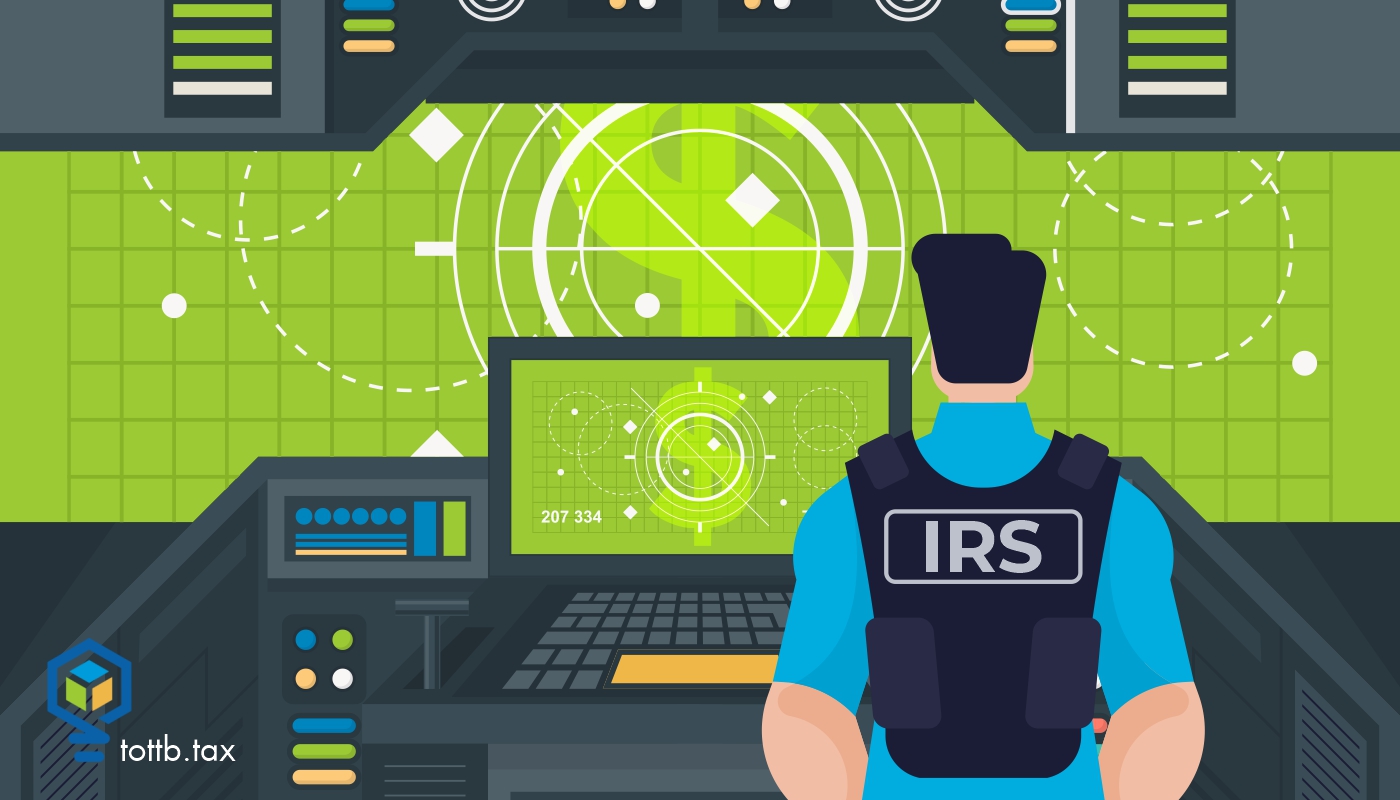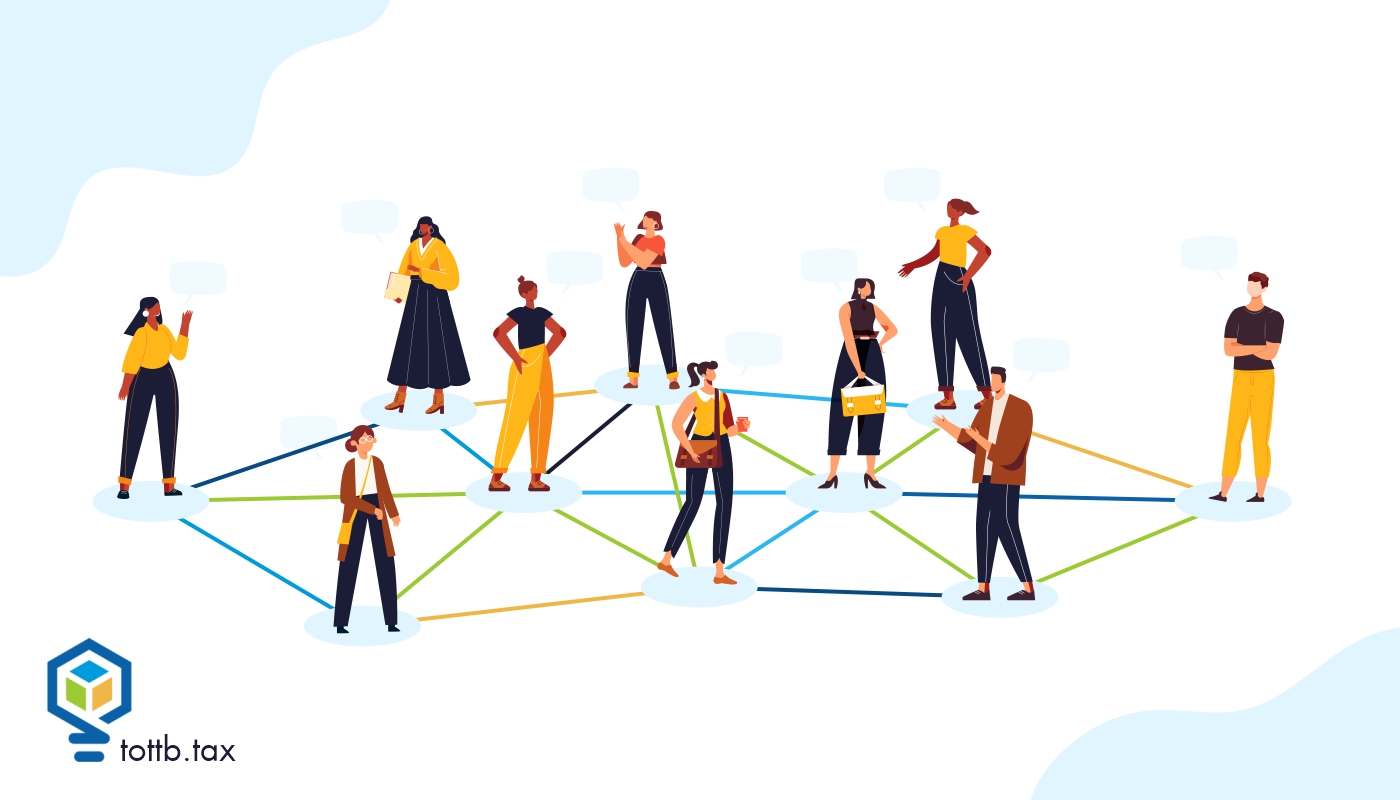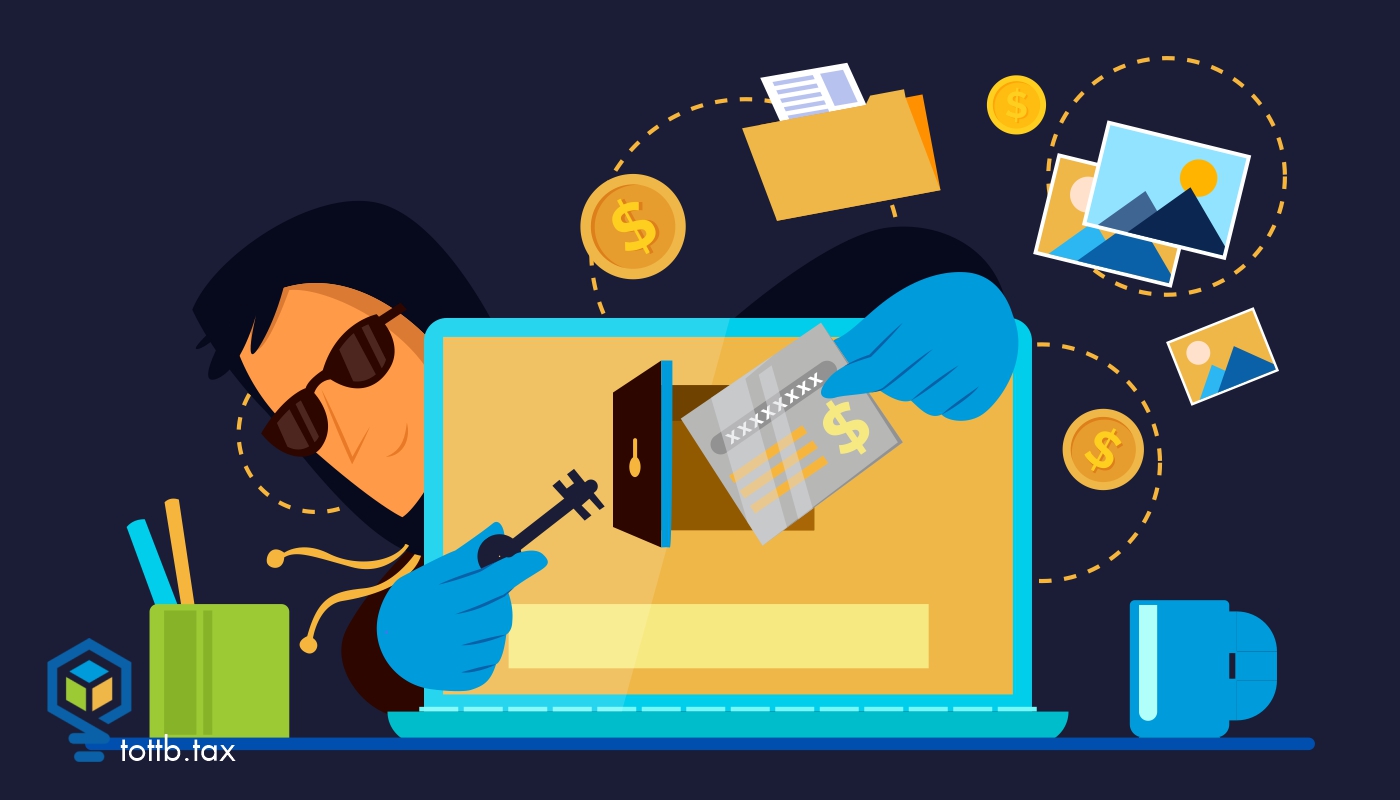CURRENT EDITION

This Is The Only Other Year-End Tax Tip Guide You Need
So as I did last year, I have reviewed a multitude of year-end tax tips articles. One of them is a real standout that you should be sure to check out. If you missed it, you should definitely roll back to the November 15 edition and go over Dominique Molina’s piece, which focuses on what you need to do sooner rather than later in response to OBBBA. It provides more detailed, relevant, actionable advice that you won’t see anywhere else than any of the multitude of pieces I have reviewed. As for the rest, I will give you a basic rundown of what I call the SOSO (same old, same old) and a few suggestions that stand out as different that I will get into a little more along with some thoughts of my own.
READ MORETax Professionals’ Update: IRS Announces 2024-2025 Per Diem Rates—What You Need to Know
The IRS has released the updated per diem rates for the 2024-2025 period (IRS Notice 2024-68), which are now effective for business travel beginning October 1, 2024. These rates play an essential role in helping tax professionals and businesses substantiate the ordinary and necessary expenses incurred by employees while traveling for work. Here’s what you need to know about how per diem works, the effective dates of these changes, and a comparison of the new rates with last year’s numbers.
Read MorePopular Tax Shelter for the Ultra-Wealthy Comes onto the Radar
In a recent turn of events that has caught the attention of financial experts and policymakers alike, Senate Finance Committee Chairman Ron Wyden, D-Ore., has unveiled the results of an 18-month investigation into the use of Private Placement Life Insurance (PPLI) by the ultra-wealthy. The investigation, the first of its kind focusing on PPLI, highlights the use of these policies as a significant tax shelter mechanism, revealing the ways in which a small number of wealthy individuals are leveraging them to avoid substantial tax liabilities.
Read MoreDon’t Let the IRS Put Your Client in The Penalty Box
There’s only one thing worse than your client overpaying their taxes when you could have helped them – them not paying enough in taxes and having to deal with penalties as well. It's like adding insult to injury. There is only so much that we can do to help our clients avoid penalties. Educating ourselves, so we can educate our clients, is a big part of that. Penalties are inevitable, but that doesn't mean that the client must max out their penalties. But it also doesn't mean that we should not do our due diligence to avoid penalties where possible.
Read MoreRemind Your Clients About Higher-Education Tax Credits
A new school year is here and, for many families, so are the worries over the cost of tuition and other college expenses. The cost keeps skyrocketing every academic year, and these days that diploma comes with an average of almost $29,000 in debt for most graduates. Many of them also carry that debt well into middle age. Families paying for these educations need every break they can get. The federal government offers education tax credits (and other tax breaks on college costs), but don’t assume your client has the brain space at this stage of life to learn about them. Even your clients who can afford college would appreciate learning about ways to save on higher education. Here’s what to tell them.
Read MoreLeveraging LinkedIn for Accountants: Building a Strong Professional Network
Networking has transcended physical boundaries into a digital world in the last five years. Of all the social media platforms, LinkedIn stands out as ideal for professionals across industries to connect, engage, and build meaningful relationships. For accountants, leveraging LinkedIn effectively can be a game-changer in expanding their professional network, attracting clients, and establishing thought leadership. In this article, I will discuss how accountants can harness LinkedIn's power to enhance their visibility, credibility, and business success. Some features are only available in Business or premium membership. Still, I am providing you with all the resources LinkedIn offers. Let's get started.
Read MoreKovel: Attorney-Client Privilege for Tax Professionals
Twice in my four-decade career, two special agents from IRS Criminal Investigation (CI) entered my office armed with a search warrant, firearms at their side. In both cases, it started the same way.
Read MoreGone Phishing: Don’t Get Scammers Catch You!
Today’s criminals are using more than hooks and lines (more like huge trawling nets), and they are looking for small as well as really big fish. If you think your tax practice is too small to be a target, you’re wrong. And you probably know that. You are probably well aware of the phishing and smishing (using SMS/text messaging) attempts that try to gain access to your firm’s computers and/or computer network.
Read MoreData Security: Understanding Your Responsibilities
Are you aware of your responsibilities when it comes to securing data? Do you know what your software vendor is doing with your data—and, more importantly, your client’s data? Signing up for a new service or software is often done without any thought of the consequences to the data that you are legally required to protect. The average tax professional uses many different types of software and services when working with a client. Many tax pros are unaware that this often requires consent to be obtained prior to using their client’s information and that failure to do so can result in significant fines and even criminal penalties.
Read MoreNOT A MEMBER YET?

SUBSCRIBE TO GET ALL OF OUR
GREAT ARTICLES AND RESOURCES!
CURRENT EDITION

This Is The Only Other Year-End Tax Tip Guide You Need
So as I did last year, I have reviewed a multitude of year-end tax tips articles. One of them is a real standout that you should be sure to check out. If you missed it, you should definitely roll back to the November 15 edition and go over Dominique Molina’s piece, which focuses on what you need to do sooner rather than later in response to OBBBA. It provides more detailed, relevant, actionable advice that you won’t see anywhere else than any of the multitude of pieces I have reviewed. As for the rest, I will give you a basic rundown of what I call the SOSO (same old, same old) and a few suggestions that stand out as different that I will get into a little more along with some thoughts of my own.

The Corporate Vault: How to Use a C Corporation to Stockpile Cash for the Future
When most people think about saving for the future, their minds jump to retirement accounts—401(k)s, IRAs, maybe even defined benefit plans. But business owners have another option that often goes overlooked: using a C corporation as a strategic savings vehicle. By leveraging the flat 21% corporate tax rate, smart income shifting, and careful timing of distributions, business owners can “stockpile” cash inside a corporation, building wealth for future use without the red tape of traditional retirement plans. Want to see how top tax strategists legally use C corporations as private retirement vaults while avoiding double taxation and IRS scrutiny? Continue reading to learn the blueprint.

When TikTok Tax Hacks Backfire: Helping Clients Misled by Social Media Scams
Jessica, a self-employed consultant, was thrilled when she found a viral TikTok video promising a “little-known” tax trick. The video claimed she could get a huge refund by claiming a special Fuel Tax Credit and even writing off her family’s beach vacation as a business expense. Following the advice, Jessica filed an amended tax return and waited eagerly for a windfall. A few months later, instead of a refund check, Jessica received a stern IRS notice. Her so-called credits were disallowed, her refund was denied, and she now faced penalties. Jessica isn’t alone. Every tax season, well-intentioned taxpayers get lured by false tax advice on social media, only to end up in trouble. As tax professionals, we often meet panicked clients like Jessica who need our help to untangle the mess.









